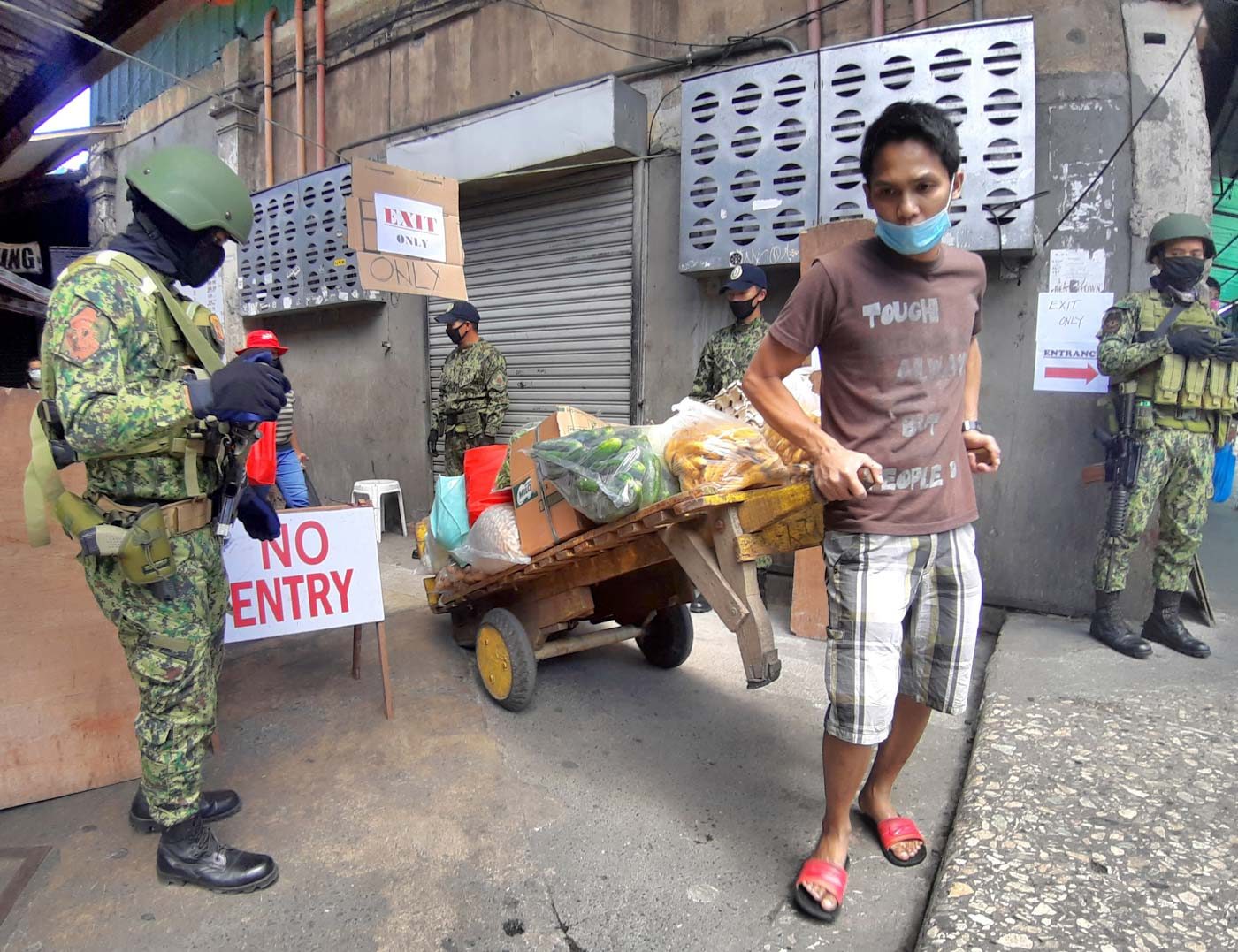SUMMARY
This is AI generated summarization, which may have errors. For context, always refer to the full article.

MANILA, Philippines – The Philippine economy is expected to slow down along with regional peers amid the coronavirus pandemic, the World Bank said in a report on Tuesday, March 31.
At best, the country’s gross domestic product (GDP) growth is projected to slow down to 3% in 2020. The worst-case scenario would be a contraction of 0.5%.
Growth would hit 3% if the Philippines will “slowly return to normal business operations” by the 3rd quarter. (READ: Philippines misses GDP growth target for 2019)
In a contraction or an economy with a negative growth rate, the World Bank said the slowdown will have “echo effects” into 2021.
This is due to a drastic slowdown in domestic consumption in the 1st half of 2020, delays in public infrastructure programs, and postponement of private sector investments.
Export of goods and services are also expected to take a hit due to travel restrictions globally.
The stronger ties between China and the Philippines under the Duterte administration are also seen to negatively affect the latter, particularly the electronic sector, as Beijing’s production was disrupted by the virus.
The inflow of remittances is likely to slow down due to travel bans and outbreaks in countries where overseas Filipino workers are based.
The country’s increasing trend in real wages, particularly those from the lower income groups, might also be hampered by the virus.
“Nevertheless, economic growth is expected to accelerate rapidly in 2021-2022 as global conditions improve, and with more robust domestic activity bolstered by the public investment momentum and a boost from 2022 election-related spending,” the World Bank said.
The multilateral lender added that an immediate public health response to prevent, detect, and contain local transmission is needed.
On the economic side, short-term fiscal and monetary policy stimuli may be needed.
“Specifically, the timely execution of public investments, targeted financial support to the poor and vulnerable sectors can restore confidence and soften the negative impact of the outbreak,” the World Bank said.
The Department of Health reported on Monday, March 30, 1,546 coronavirus cases in the country. A total of 78 have died while 42 have recovered. – Rappler.com
Add a comment
How does this make you feel?
There are no comments yet. Add your comment to start the conversation.